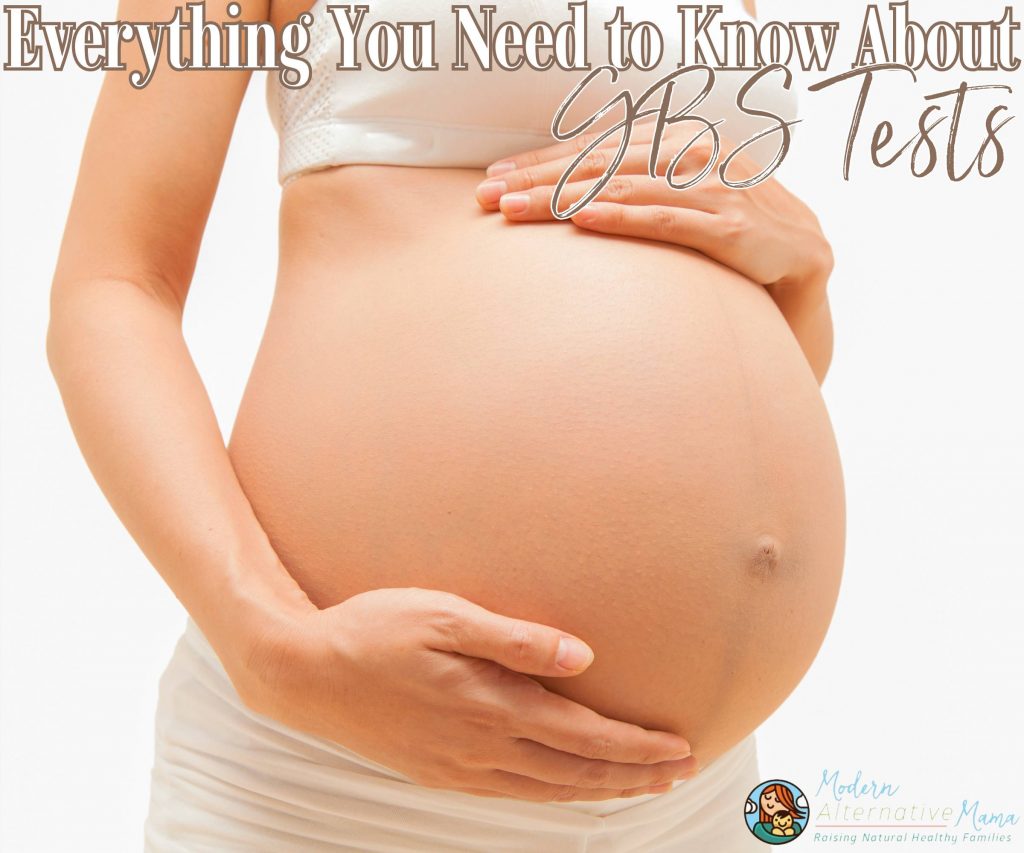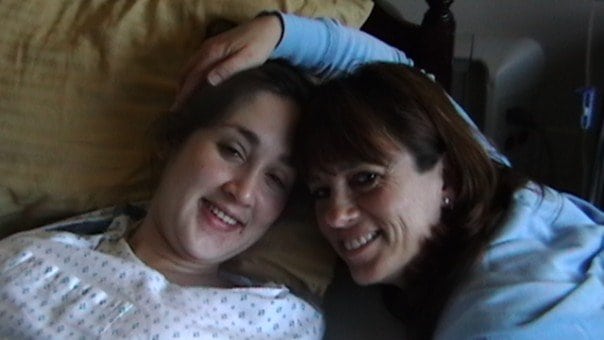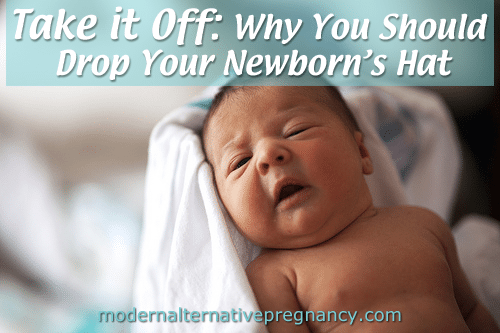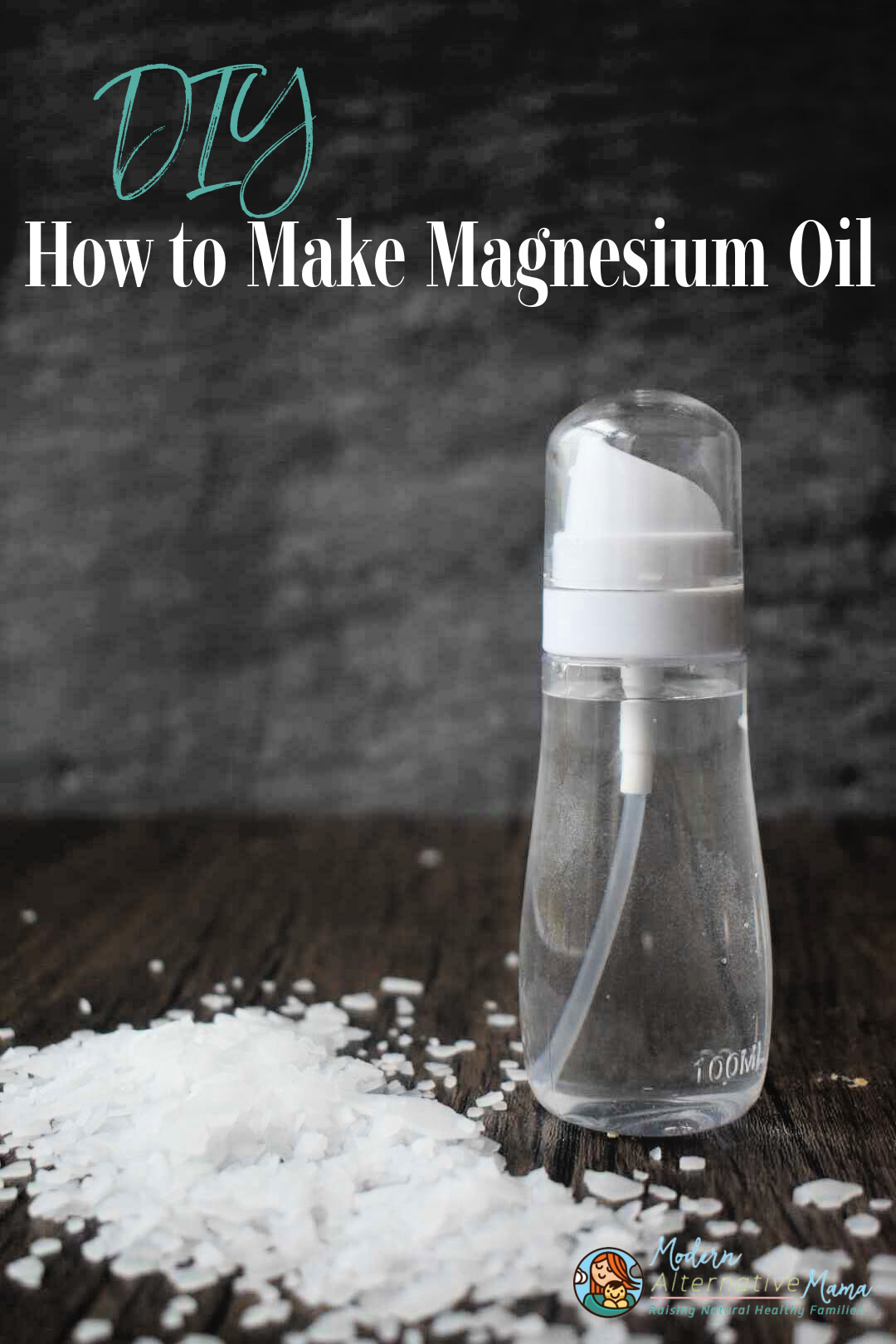There are many interventions offered as you prepare to deliver, be educated on the benefits and risks of each. In this article, we cover the GBS test.
By Danielle, contributing writer
There are many tests that a mother will be offered during pregnancy — blood tests, amniocentesis, glucose, and GBS. In this article, we will cover the GBS tests, and its risks and benefits, as well as how you can deal with it naturally.
What is GBS?
Group B streptococcus (GBS) is a common bacteria found in most women’s GI tracts, at least 10-30% per the CDC. However, with leaky gut being a problem for most people in the developed world because of our diets, the bacteria can move from where it’s supposed to be to other areas – such as the bladder, vagina, and anus.
The CDC suggests, and its common practice, that all pregnant women are screened for the bacteria (in the vagina and anus) between 35 and 37 weeks gestation. This is done with a vaginal and anal swab, and sent into a lab for testing, rendering a “positive” or “negative” result within days.
Can GBS cause issues during pregnancy and delivery?
The main concern with GBS is infection of the newborn after a vaginal delivery. This bacterial infection may lead to fever, increased irritability, difficulty breathing, inability to maintain body temperature, pnemonia, sepsis, or meningitis.
The CDC states that newborns who receive antibiotics during delivery are 20 times less likely to experience an infection. However, numerous studies have shown that while antibiotics may prevent GBS infections, they do not decrease death rates from GBS infection. Other studies show no or minimal decrease of GBS infection for those treated with IV antibiotics.
However, it can also cause urinary tract infections that can lead to preterm labor, placental and uterine infections.
The real issue is that the bacteria has colonized a place where it should not have, that is moving from the gut to the genital area. Addressing leaky gut, a poor diet, and ensuring you are getting enough good bacteria from soil-rich foods, fermented foods, and probiotics, will often prevent GBS colonization of the genital tissues.
Preparing for pregnancy should include a full body detox and a nutrient-rich diet protocol, for at least 6 months to a year before getting pregnant. An ounce of prevention is worth is worth of a pound of (risky) cure.
How is GBS treated?
To prevent the bacteria from transferring from mother to baby, most physicians will give mothers a steady UV drip of antibiotics throughout labor. This, of course, restricts a mother’s ability to move during labor, making it much more likely for additional interventions to happen. It is also strips the newborn of its first bacterial colonization from the mother, notably one of the most important health aspects of birth.
It’s been shown that babies born via cesarean section do not have the gut flora as compared to babies born vaginally. With antibiotics during a vaginal delivery, the same happens, and the baby is born at a disadvantage.
GBS Antibiotic During Delivery Risks
- Treating with an antibiotic will cause the mother to not be able to move during labor, leading to further interventions.
- Antibiotics will strip the newborn of its first bacterial colonization, leading to higher rates of childhood chronic illness, such as asthma and allergies.
How to Treat GBS Naturally
If you would like to avoid antibiotics during delivery, it’s best to ask to be tested for GBS early (35th week) so you can retest in the event of a positive test result. In this video, a naturopath covers her GBS protocol and successes. You may also decide to turn down the testing, and do some of these protocols regardless. It is your choice.
To prepare for your test, or if you do test positive, consider using these protocols to stop GBS:
- Collodial silver – applied inside of the vagina daily.
- Probiotics – both in the vagina, and taken orally daily.
- Raw garlic – an age-old tactic to stop bacterial infections and growth, used in the vagina daily.
- Grapefruit seed extract – taken orally daily.
- Echinacea tinctures – taken orally daily.
- Astralagus tincture or tea – taken orally daily.
- Hibiclens at the start of labor – vaginally.
Pregnancy, labor and delivery are full of choices. Remember that you are in control of your birth, and be sure to have a birth team that is on board with your choices. The GBS test and antibiotics are in no way mandatory, and there are responsible, effective ways to treat if you are GBS-positive.








Do you have to do all of these things in order to see it be effective, or will a combination of just a few be sufficient? I have much easier access, for example, to probiotics and raw garlic. I also have tea with expenses in it, but no tinctures.
I have a 31-year-old son (my second child) who contracted Group B strep at birth, back in the days when moms were not routinely tested for it. I had never even heard of Group B strep! If not for God’s intervention and an alert orthopedic doctor, it would have taken my son’s life. His infection did not show up until he was 5 days old and at home, and did not present itself in the usual ways. It took a few more days of visiting various kinds of doctors to discover what the problem was. The infection was in his hip joints, and he did not have fever or any other signs. The only indication that something was wrong was that he would scream in pain when we moved his legs to change his diaper. He had emergency surgery at 10 days old to drain the fluid from the hip joints to keep them from being damaged, and there was a possibility he would not be able to walk. (Thanks to the Lord, that did not happen and I could hardly keep up with him as a toddler!) He was in the hospital for two weeks of IV antibiotics (once the cultures determined that it was Group B strep) and they tested him for meningitis, sepsis, etc. to make sure that the infection had not spread to his spinal fluid, bloodstream or urinary tract. I, for one, am so thankful that there is now increased awareness and that moms are now routinely tested for this infection that could have very easily taken my son’s life, had the orthopedic doctor not discovered the hip infection. It is a very common bacterium, but can be a very serious infection. I am happy to report that my son is a healthy husband and father of two sons of his own! I give all glory to God for sparing his life!